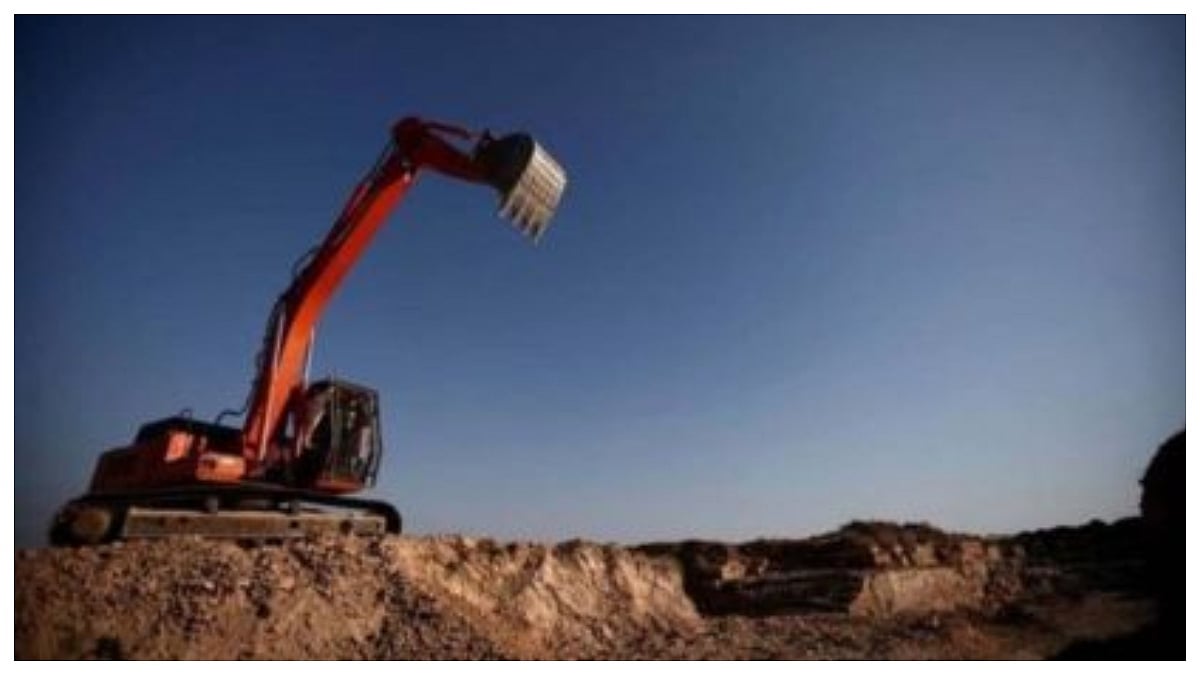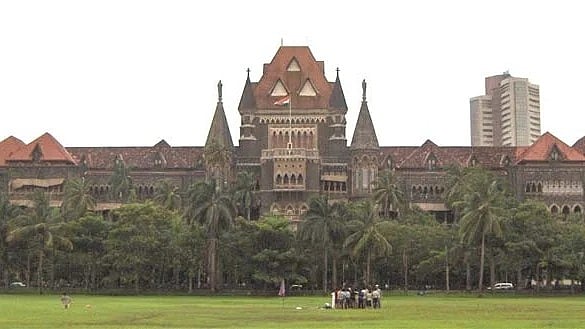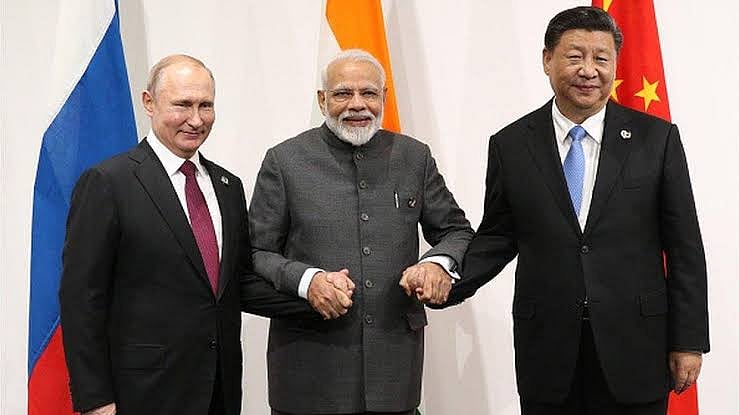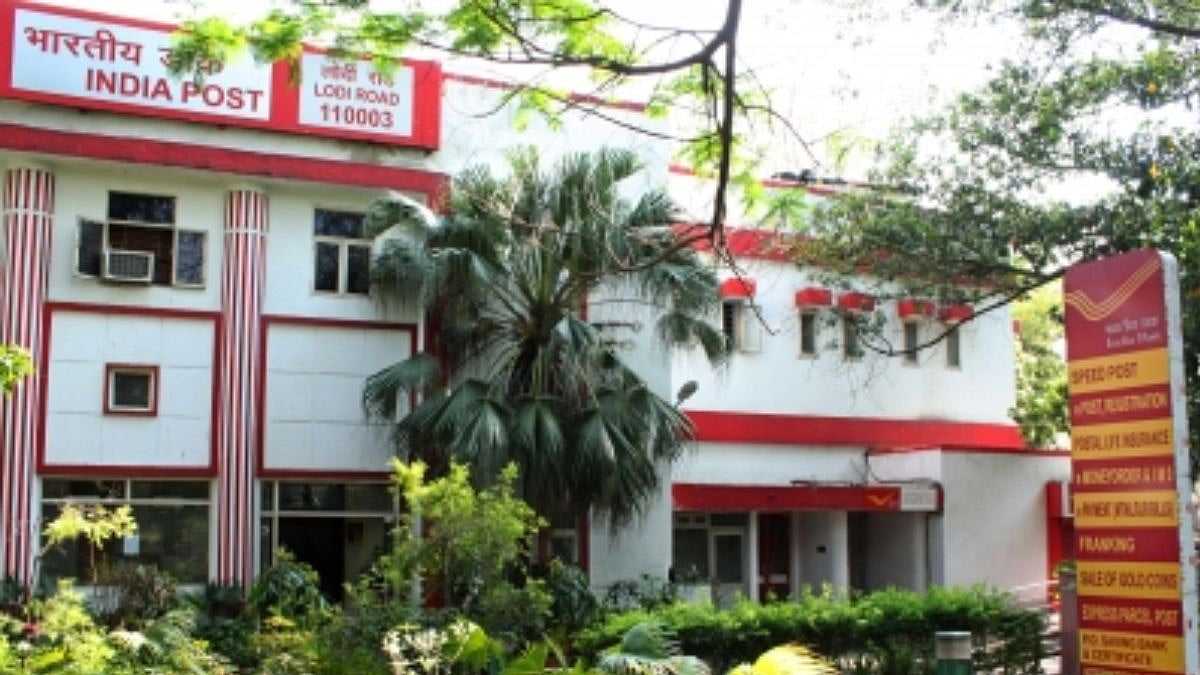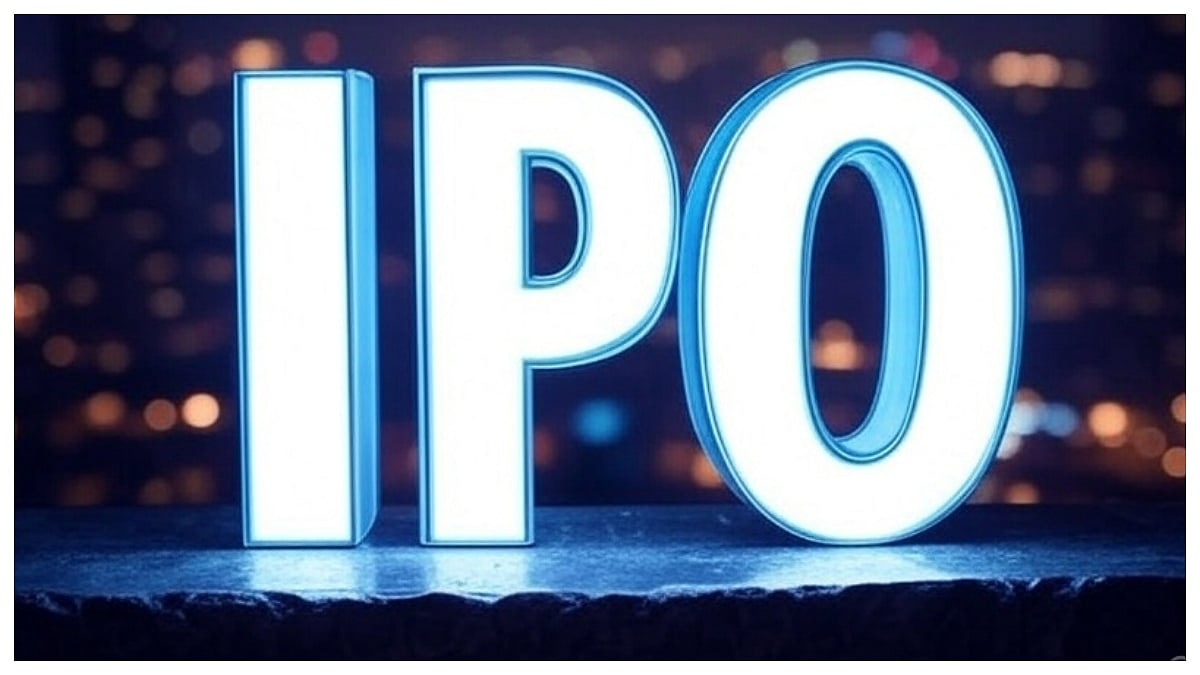New Delhi: In a major strategic move, India is preparing to triple the size of its incentive program to boost domestic rare earth production, amid China’s growing export restrictions. According to a Bloomberg report, the government is planning to expand the fund from around USD 290 million to approximately USD 788 million (Rs 7,000 crore). The proposal is currently awaiting Cabinet approval.
Strengthening India’s Critical Mineral Supply Chain
The initiative aims to secure supplies of critical minerals vital for India’s electric vehicle, renewable energy, and defence sectors. As the world shifts toward clean technologies, rare earth elements are crucial for manufacturing batteries, magnets, and advanced electronics. India’s plan seeks to reduce dependence on China, which dominates global rare earth production and exports.

China Tightens Rare Earth Export Controls
The decision comes as China strengthens its grip over the global rare earth market. Recently, Beijing added five new rare earth elements to its export restriction list, bringing the total to 12 critical materials under export control.
Earlier this year, Prime Minister Narendra Modi had urged global leaders to make supply chains more stable and diversified, warning that critical minerals should not be used as geopolitical weapons.
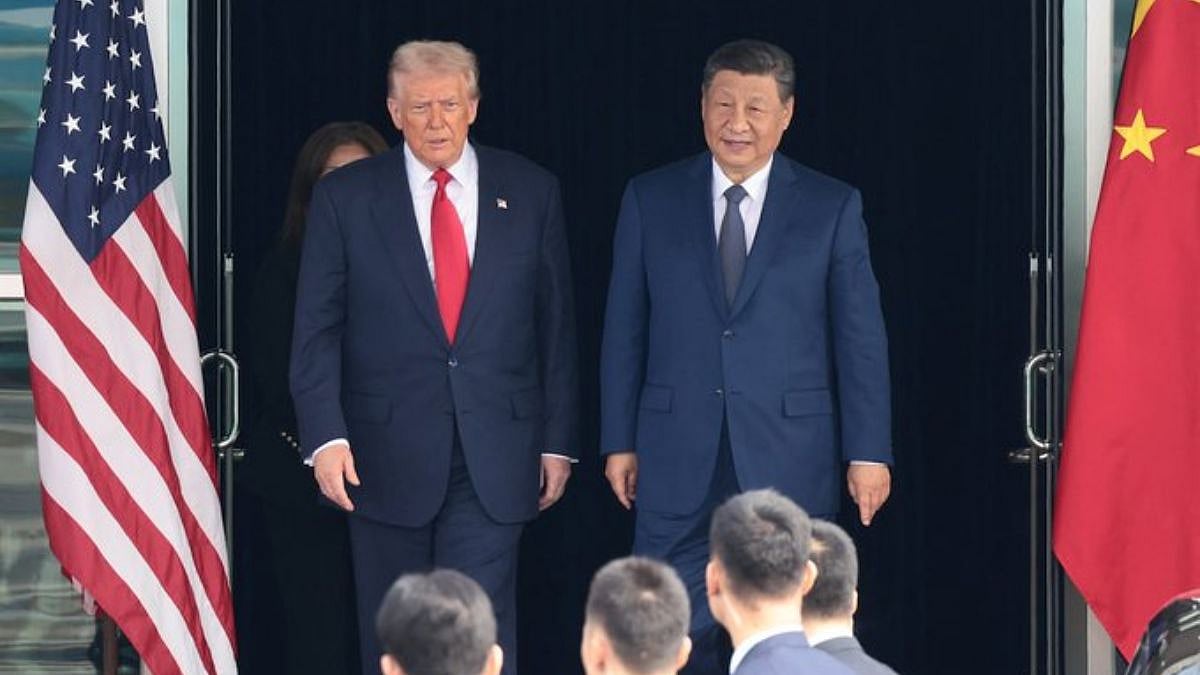
Challenges Ahead for India
Despite its ambitious plans, India faces significant challenges in developing a self-reliant rare earth industry. The country currently suffers from limited technological expertise, long project timelines, and funding constraints. Government-owned enterprises are now working to secure international mining partnerships, as domestic production remains in its early stages.
Under the proposed plan, the government will support around five companies through a mix of production-linked and capital subsidies to promote large-scale investment.
Exploring Alternatives to Reduce Dependence
Meanwhile, China has reportedly issued new import licenses for rare earth magnets, though none have been granted to Indian-origin companies. To counter this dependency, India is also investing in research on Synchronous Reluctance Motor technology, which could reduce the need for rare earth materials in future electric motors.
